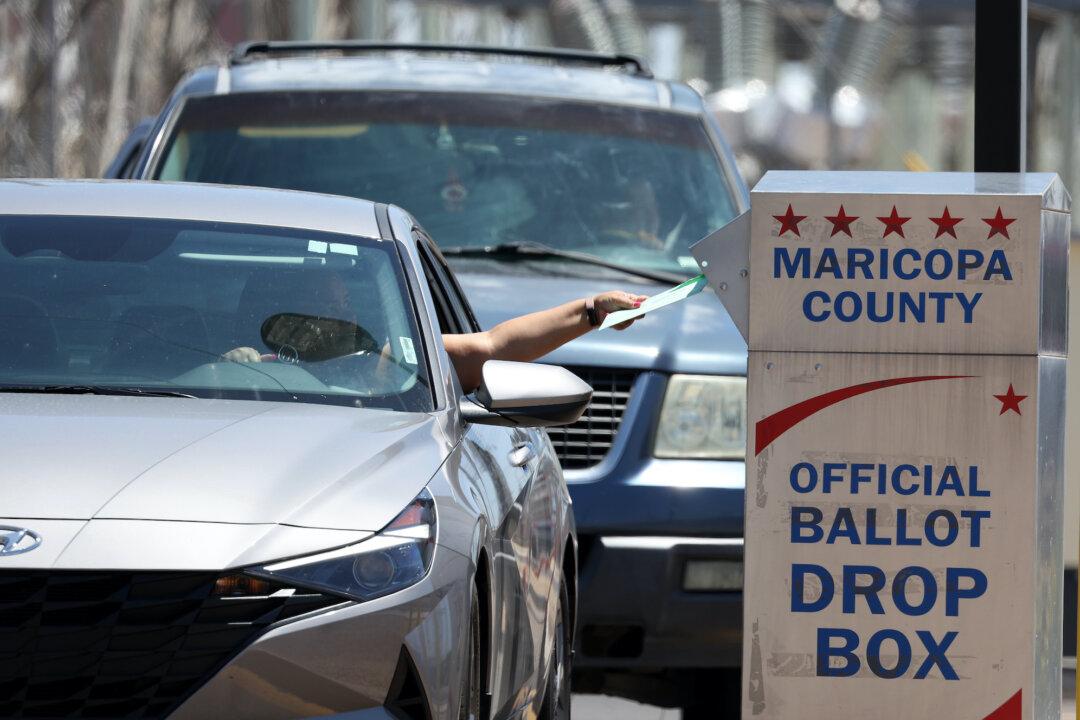A federal judge on Friday rejected a civil lawsuit seeking to block grassroots volunteers who mobilized to monitor absentee ballot drop boxes in Arizona.
The civil lawsuit accused defendants Melody Jennings, the founder of the Clean Elections USA (CEUSA) website, and a group of grassroots volunteers of purported voter intimidation at Arizona’s two outdoor ballot drop boxes in Maricopa County.





